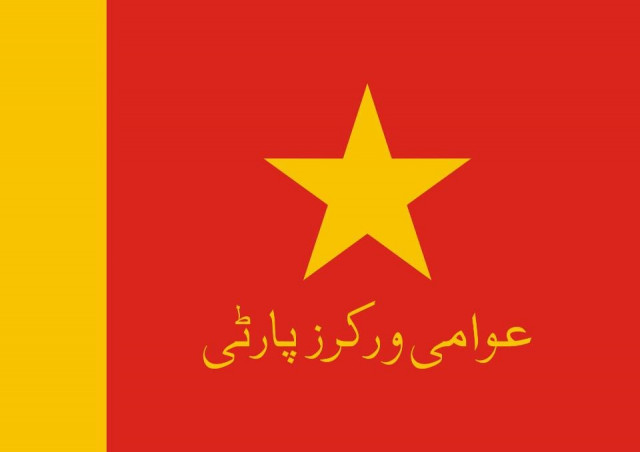Examining the legacy of Hamza Alavi
Awami Workers Party Punjab president analyses leftist ideology at lecture

PHOTO: FILE
This was observed on Saturday by Awami Workers Party Punjab president Dr Aasim Sajjad Akhtar, who also taught at the National Institute of Pakistan Studies at Quaid-i-Azam University as an associate professor, during a lecture on the legacy of late scholar Hamza Alavi at Medicare Hospital.

The event, organised by the Irtiqa Institute of Social Sciences, was the 15th in the series of the Hamza Alavi distinguished lectures that were begun in 2002. Prof Alavi was a philosopher who analysed the societies of South Asia.
Dr Akhtar, who did his PhD in political sociology taking into account the work of Alavi, said that for more than four decades no considerable work to record the history of the country was done. "Whenever one has not written something about the country, he or she goes back to the 1972 work."
Due to this widened gap, he said, people failed to comprehend the scenes at the end of the Cold War and leftism across the globe suffered a setback. "Some of us still refer to ourselves as Trotskyites, Maoists, Leninists and others," he said.
Dr Akhtar said that there should be an approach in which the beautiful things of the past should be recognised and the wrongdoings or mistakes should be rectified. He said that the country has not produced any left-leaning scholarly figures recently and those from the past times are deemed 'flawless'.
Dr Akhtar said that when he started to write papers for his PhD, he tried to refrain from criticising the work of Alavi, given the mindset of revering personalities. He later discovered that there were spaces in which the work of the late scholar failed to define some aspects.
"Even Alavi sahib wouldn't have thought that his work should be seen as [perfect]," he said, adding that his lecture intended to give a critical analysis of the late scholar's works. He said that though Alavi tried to define the political, economic and cultural aspects of the country through his writings, there were few who knew about him.
Dr Akhtar mentioned the work of Italian philosopher Antonio Gramsci in which he made a typology of intellectuals who serve as the mouthpiece of the state, writing history in retrospect and others who criticise the state by pointing out shortcomings in its policies. He maintained that Alavi was part of the latter.
Published in The Express Tribune, December 19th, 2016.



















COMMENTS
Comments are moderated and generally will be posted if they are on-topic and not abusive.
For more information, please see our Comments FAQ